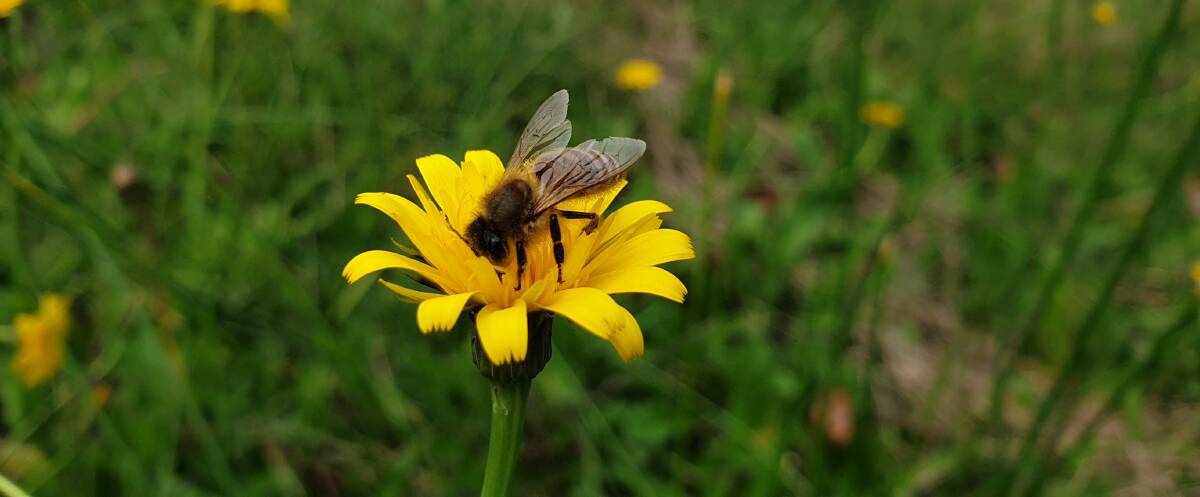The NSW Department of Primary Industries (DPI) has detected Varroa mite in beehives at Euroley in the Riverina and Euston in the Sunraysia region, resulting in a new biosecurity (Varroa mite) emergency order being issued.
Many of NSW's 13,000 beekeepers have been closely watching their hives since the deadly mite was first detected near the Port of Newcastle in June 2022.
More than 14,000 hives were destroyed in the first four months of the outbreak as authorities tried to halt the spread of the parasite.
NSW DPI chief plant protection officer Shane Hetherington said NSW DPI had urgently traced hives through and from the Kempsey region, resulting in the new infestations.

"As a result of the recent detection of Varroa mite at Kempsey and the fact many beekeepers had prior to the detection moved hives for both almond and canola pollination, NSW DPI prioritised tracing and then testing of hives moved out of that area.
"The new detection at Euston has clear links to an infested premises in the Kempsey area, which we've been able to track through the movement declaration process.
"We are continuing investigations into the link for the Euston hives, although they have also travelled from the Kempsey region.
"Tracing and testing hives moved from the Kempsey region remains NSW DPI top priority, to ensure we can get in front of any further spread."
The new detections bring the total number of infested premises to 215.
A 10 kilometre eradication (red) zone and a 25km surveillance (purple) zone is now in place, meaning hives cannot be moved into, within or out of these zones.
The tracing of Varroa mite to beehives at Euston and Euroley highlights the importance of all beekeepers reporting the locations of all hives they manage, undertaking regular alcohol washes to look for Varroa mite and reporting the results of those washes to NSW DPI.
"The eradication program is a partnership between beekeepers, pollination dependent industries and government," Dr Hetherington said.
"NSW DPI again extends its thanks to beekeepers who are being so proactive, cooperative and supportive, as this is key to allowing us to undertake such a significant biosecurity response."
- Hive locations and alcohol wash results can be reported to NSW DPI by filling out the online forms at www.dpi.nsw.gov.au or by calling the Varroa Emergency Response Hotline, 1800 084 881.







